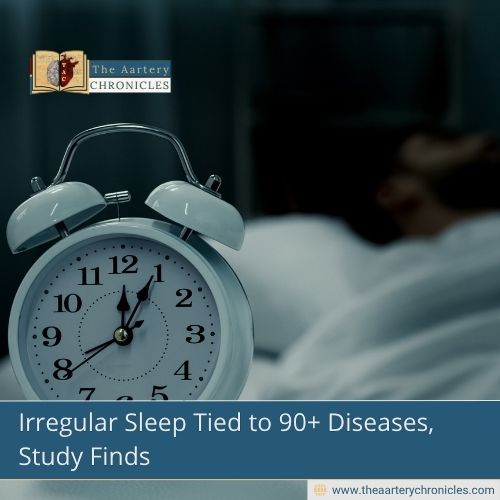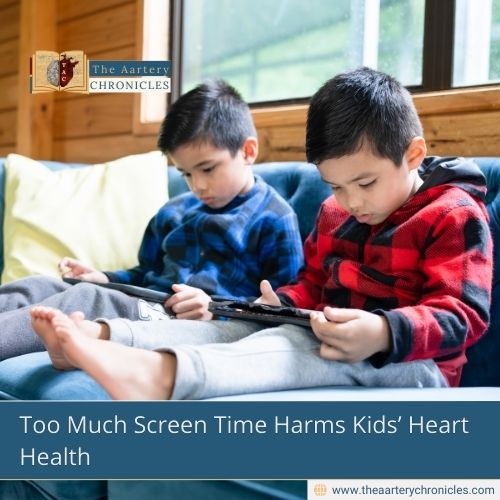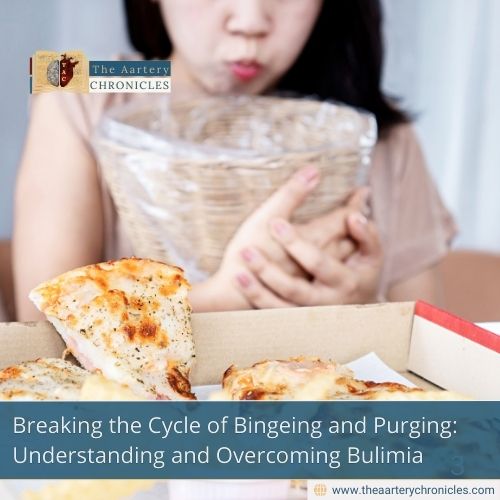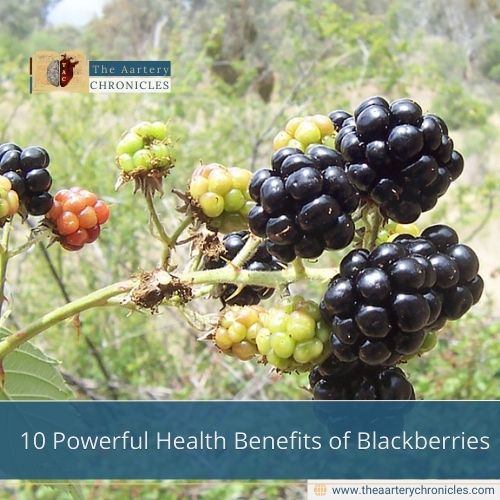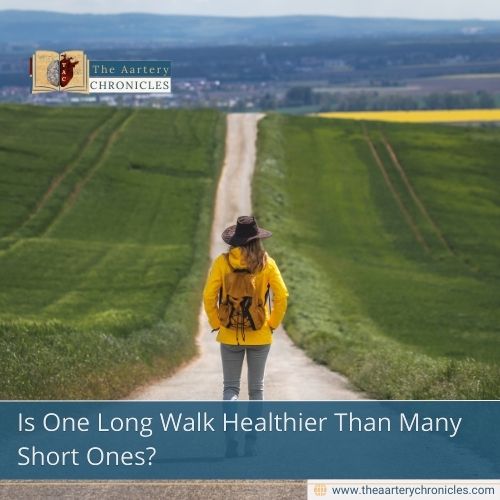

Long Parental Leave Tied to Higher Smoking Risk in Moms
Summary: A trailblazing research finds that extended parental leave could inadvertently boost future mothers’ smoking. In a study of more than 8,500 European women, researchers discovered that a further month of leave was linked to greater long-term smoking prevalence. Financial pressures, loneliness, and professional reversals on long vacations might be the cause, prompting policymakers to reassess the optimal break length.
Does Longer Parental Leave Increase Smoking in Mothers?
New evidence in 14 European nations indicates a drastic turnaround in mothers health policy. While parental leave is crucial in ensuring recovery and bonding after childbirth, prolonged career interruptions can be associated with a higher risk of mothers smoking in the future.
This study, led by Sonja Spitzer from the University of Vienna in collaboration with the Hertie School Berlin and TU Vienna, challenges widely held beliefs about the benefits of extended maternity leave. This article explores the link between leave duration and long-term maternal smoking behaviour, shedding light on how family policies might unintentionally affect mothers’ health.
Study Overview: What Did Researchers Discover?
The researchers used data from more than 8,500 mothers across 14 European countries, including Austria, Germany, France, and Sweden, between 1960 and 2010. The data, which were retrieved from the SHARE (Survey of Health, Ageing and Retirement in Europe) project, was also matched against parental leave policy records over time.
Their econometric findings (instrumental variable model) indicated that:
- Each successive month of maternity leave increased the probability of smoking in adulthood by 1.2 percentage points.
- Longer absence duration increased the length of smoking (+7 months), number of cigarettes daily (+0.2 cigarettes/day), and pack-years (+0.6).
Unexpected Trend: More Leave, More Risk?
“We actually expected that longer breaks would reduce smoking. But the opposite was true,” explains Spitzer.
As much as parents’ leave facilitates temporary bonding and recovery, extended absence from the workforce generates financial hardship, isolation, and career setbacks matters that encourage some women to smoke as a stress-relief mechanism.
It was more prevalent in mothers without partners’ economic support during or after birth, illustrating how economic vulnerability during pregnancy can aggravate ensuing health outcomes.
The Psychological Toll: Stress and Coping
Extended maternity leave also tends to magnify stress unintentionally. Mothers usually face:
- Economic insecurity due to loss of income.
- Professional drawbacks which render rejoining the labour market difficult.
- Loneliness, especially without a support system.
Smoking can be a coping mechanism during or after this stage of stress, having health repercussions far into middle or old age.
On the Flip Side: Can Shorter Leave Be Protective?
Notably, the research also established that brief leave periods before a return to work may provide protection against smoking. This leads one to infer that moderation is the solution in policymaking. Rather than merely extending parental leave periods, governments could be required to:
- Improve financial support systems during leave
- Treat new mothers for mental health
- Facilitate re-integration programs into the workforce to reduce long-term stress.
Policy Implications: Rethinking Parental Leave
The study kindles an ongoing argument: How long is too long? While parental leave is a cornerstone of infant and maternal health, this study serves as an important reminder to find an equilibrium between
- Health protection versus financial stress
- Gender equality objectives and labour market participation
- Short-term intervention versus long-term behavioural health
Public health planners and policymakers need to take into account not just the length but also the quality and supporting framework of parental leave policies to prevent unforeseen long-term health impacts.
Conclusion: Striking the Right Balance
Extended parental leave can have unseen health consequences, including increased risk of smoking as an adult. This research is a useful reminder: Such well-intentioned policies must be carefully considered to avoid unintended effects.
As governments worldwide rethink parental leave, integrating financial security, emotional nurture, and health education could enable mothers to capture the maximum benefits of this critical period, without jeopardising their overall well-being.

Dane
I am an MBBS graduate and a dedicated medical writer with a strong passion for deep research and psychology. I enjoy breaking down complex medical topics into engaging, easy-to-understand content, aiming to educate and inspire readers by exploring the fascinating connection between health, science, and the human mind.


